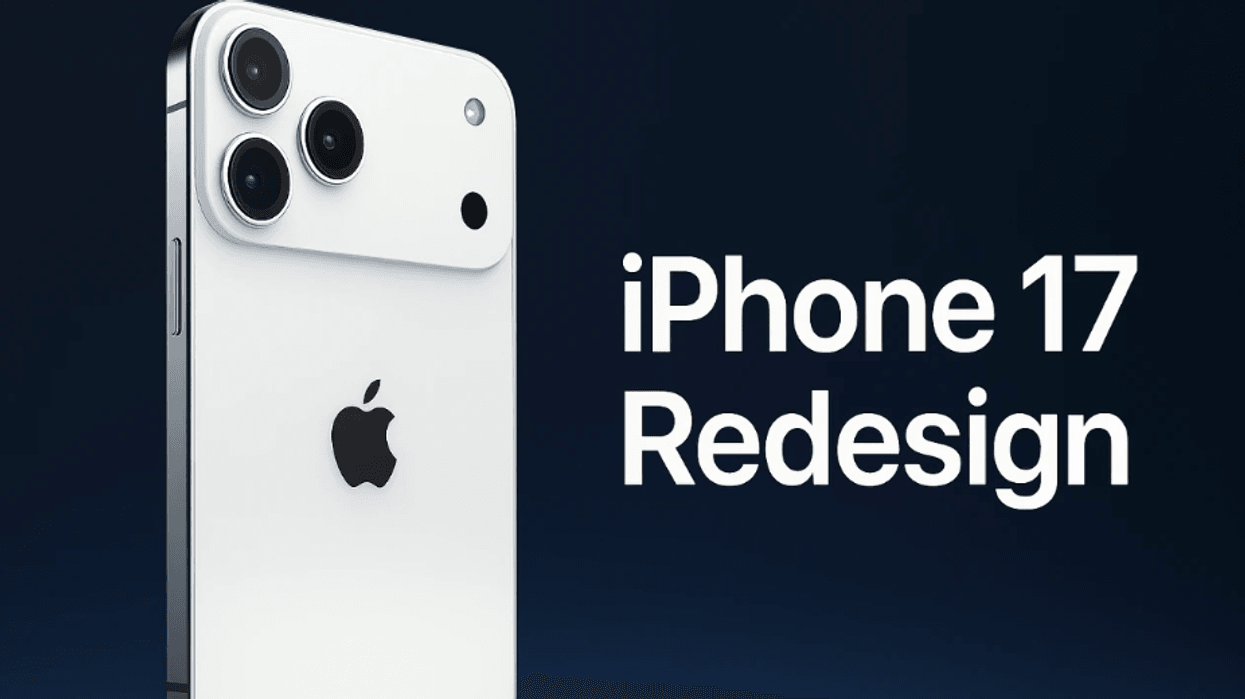WHILE it's well-established that sleep aids in forming and storing memories, a new study has uncovered how this process continues throughout a person's lifetime without depleting neurons or brain cells.
Researchers discovered that during deep sleep, certain parts of the hippocampus – a key brain region involved in learning and memory – temporarily go silent, allowing neurons to 'reset'.
"This mechanism may enable the brain to reuse the same neurons for new learning each day," explained Azahara Oliva, an assistant professor of neurobiology and behavior at Cornell University and the study's lead author, in research published in the journal Science.
While we sleep, the brain cells go over everything we learn or experience during the day by repeating the patterns that were activated the first time, thereby helping with how memories are stored. The process is called 'memory consolidation', following which the memories are then stored in a large area in the brain called the cortex. Both the hippocampus and the cortex play a role in memory, with the hippocampus transferring temporary or 'short-term' information to the cortex to form permanent or 'long-term' memories.
The researchers said that the hippocampus is divided into three regions, two of which are well-known to help form memories related to time and space.
The third, they said, is involved in silencing and resetting parts of the hippocampus during sleep, which this study found.
"We realised there are other hippocampal states that happen during sleep where everything is silenced. The (two) regions that had been very active were suddenly quiet. It's a reset of memory, and this state is generated by the (third) region," Oliva said.
For the study, the researchers implanted electrodes into the hippocampi of the brains of mice, which are commonly studied as they are known to bear genetic material similar to humans.
This allowed the team to observe the brain's activity during learning and sleep, they said.
The study's results help explain why all animals require sleep, not only to fix memories but also to reset the brain and keep it working during waking hours, the researchers said.
They believe that by tinkering with the processes at play during memory consolidation, they now have the tools to boost memory.
The tools could be applied when memory function falters, such as in Alzheimer's disease, in which memory and decision-making are impaired, thereby interfering with one's daily activities, the authors said.
They also said that the evidence could be used to explore means for erasing negative or traumatic memories, which could then help treat conditions such as post-traumatic stress disorder. (PTI)


















 Anita GuruInstagram/ _themindcoach_
Anita GuruInstagram/ _themindcoach_